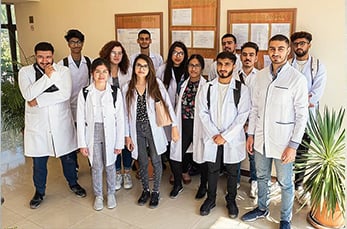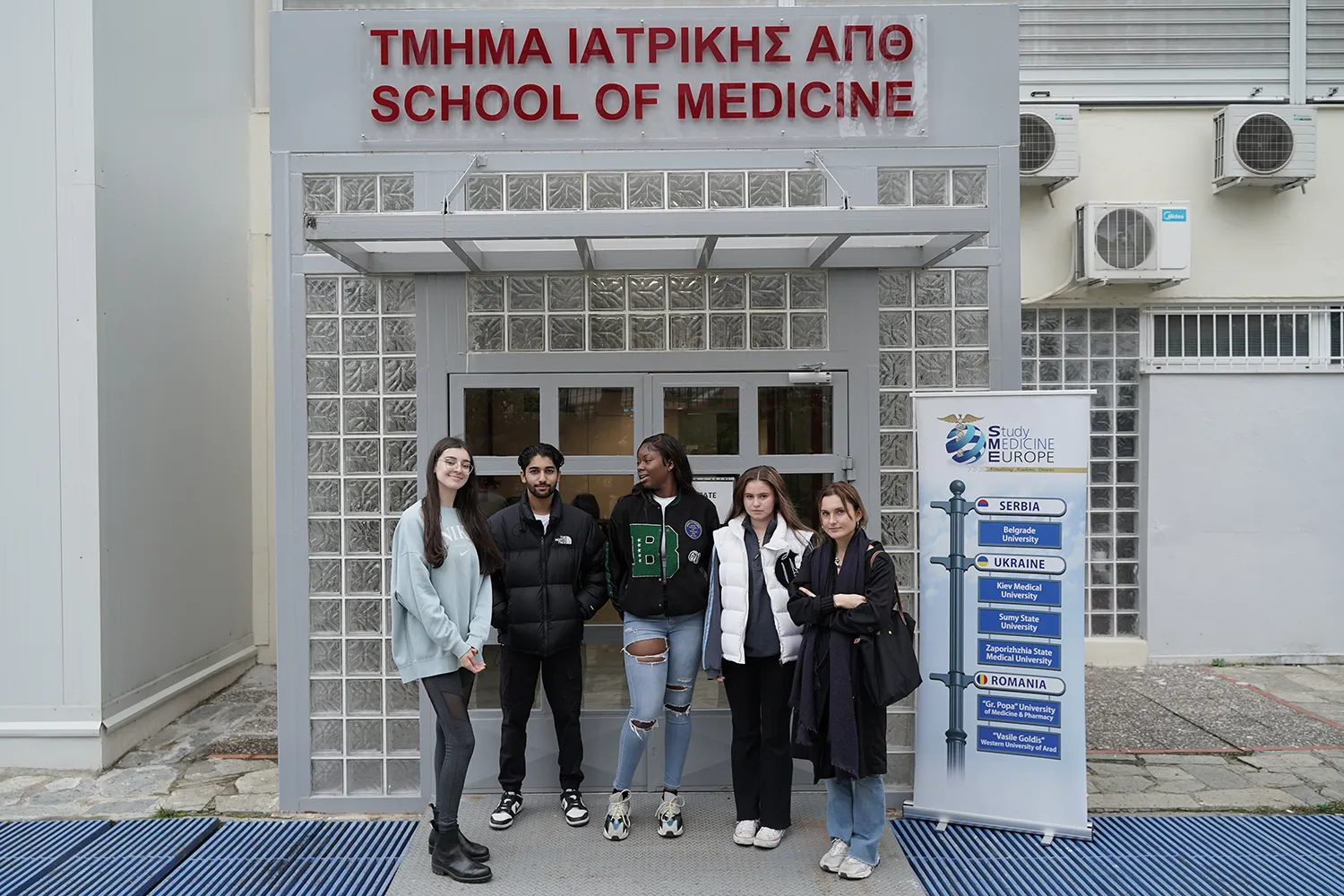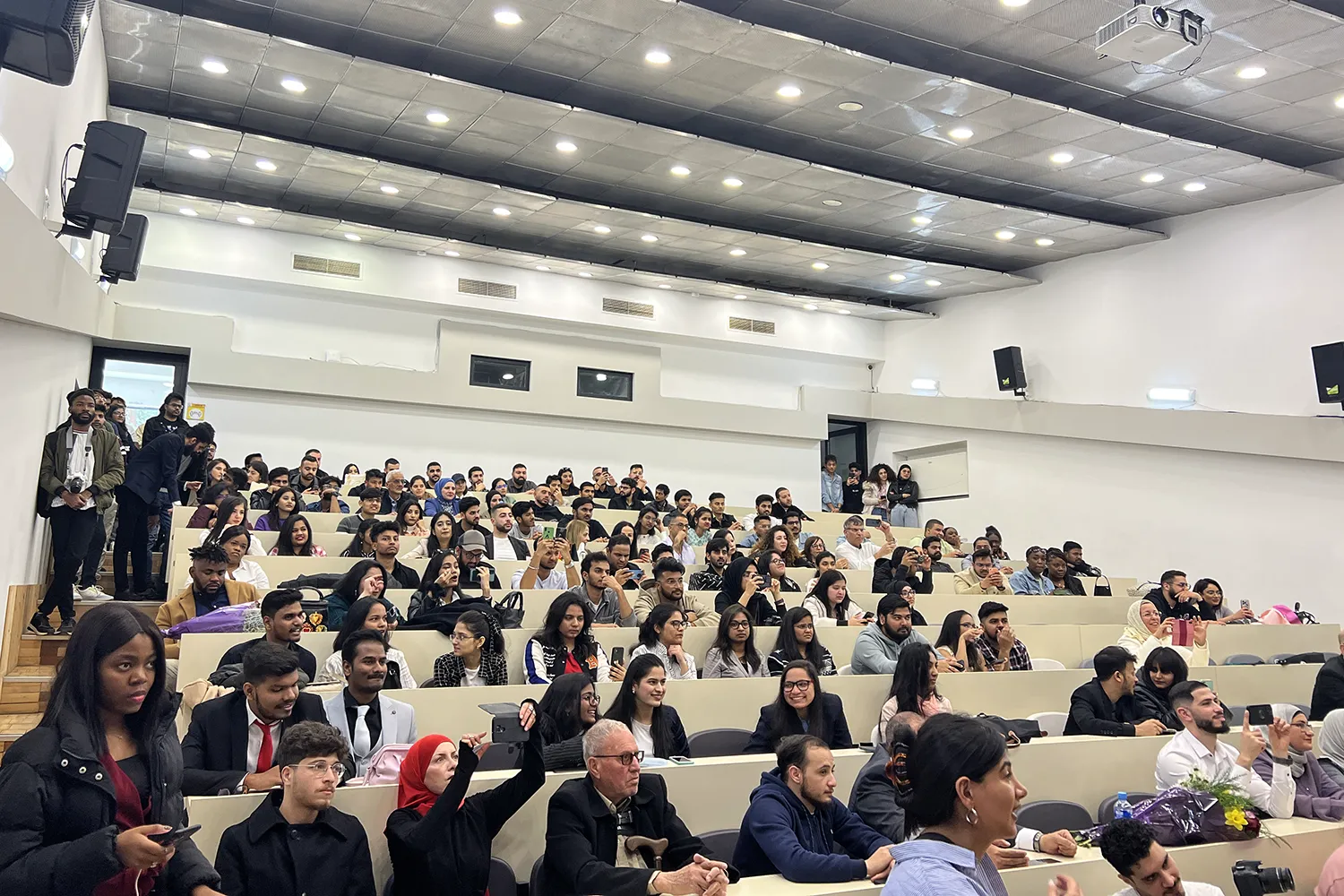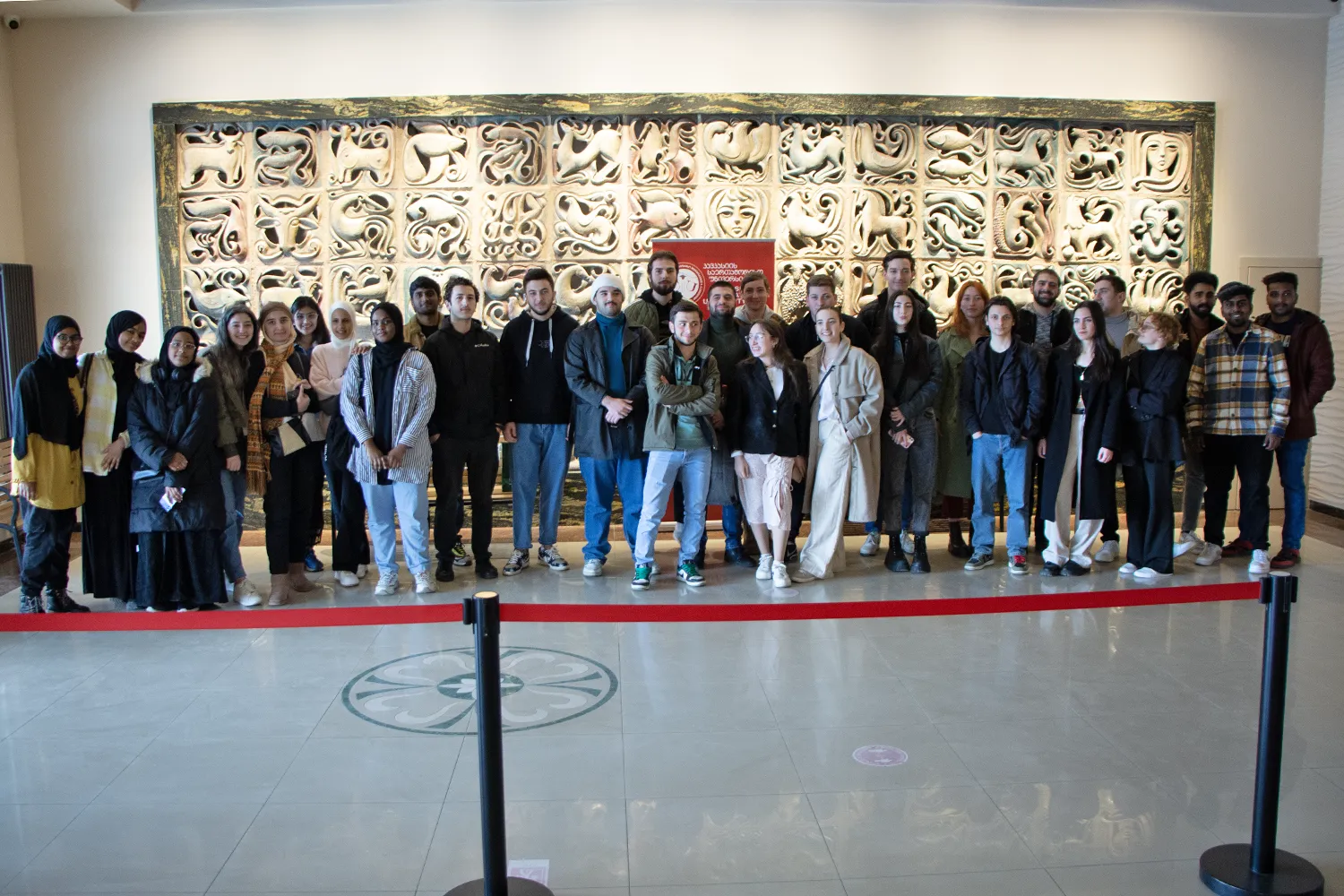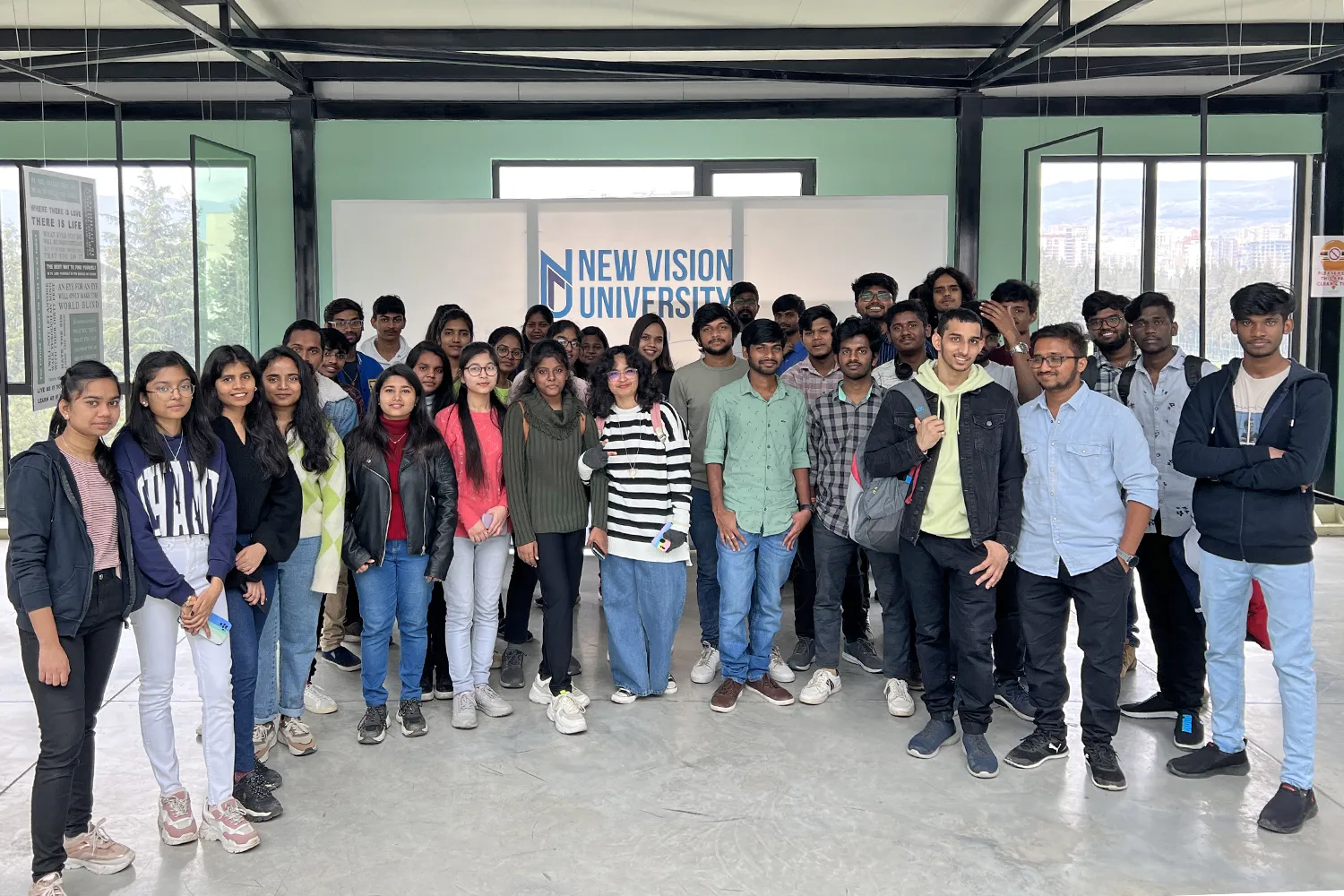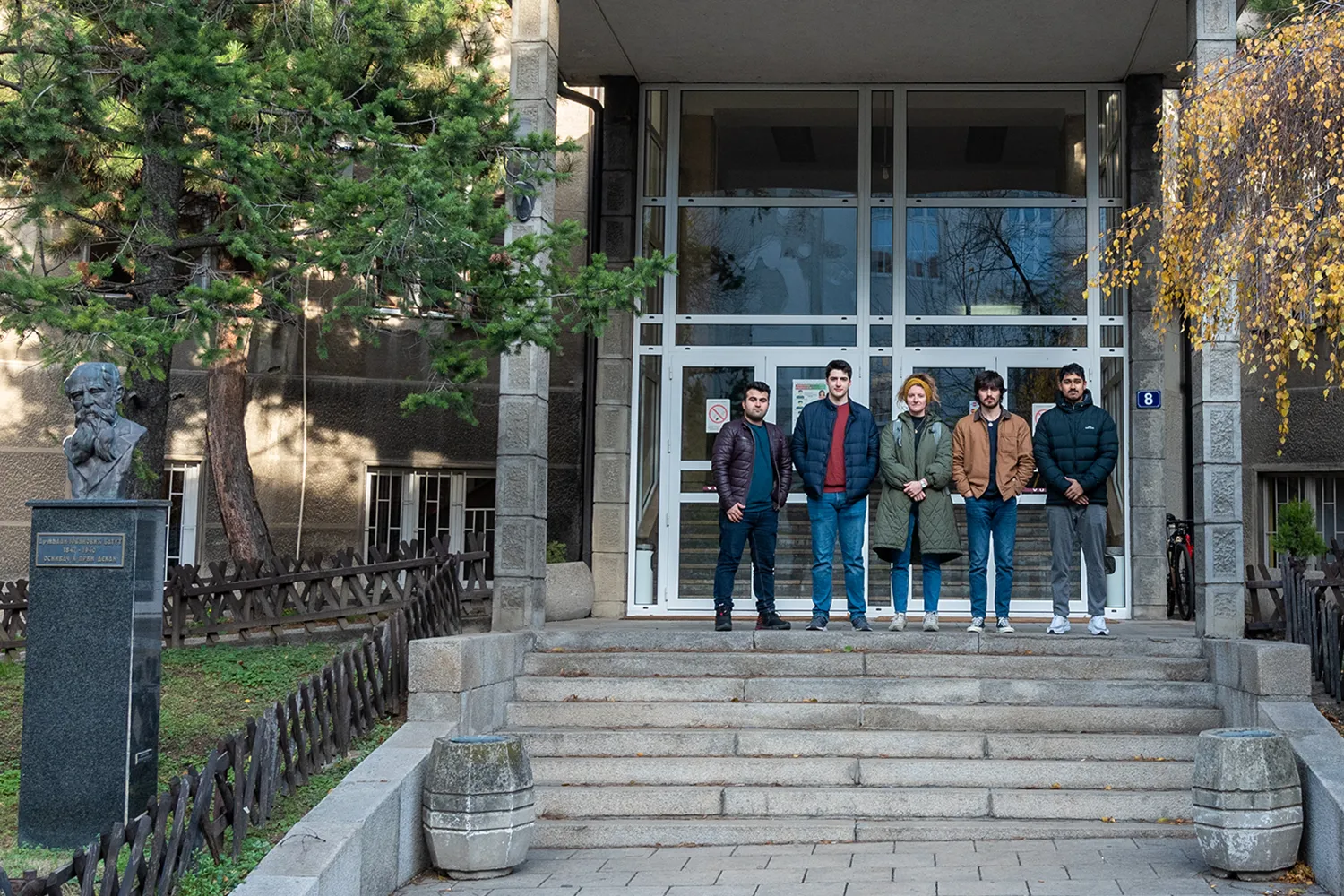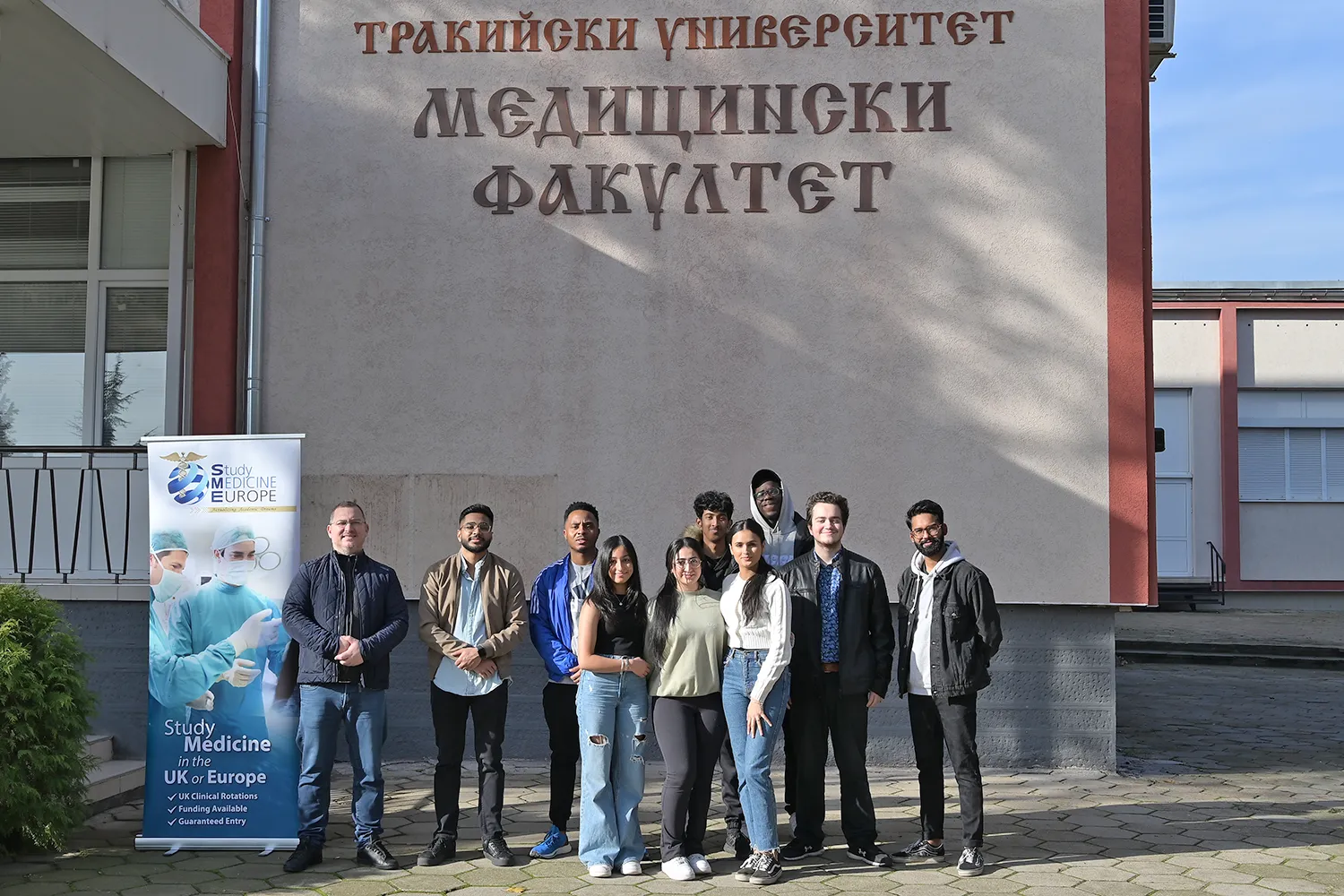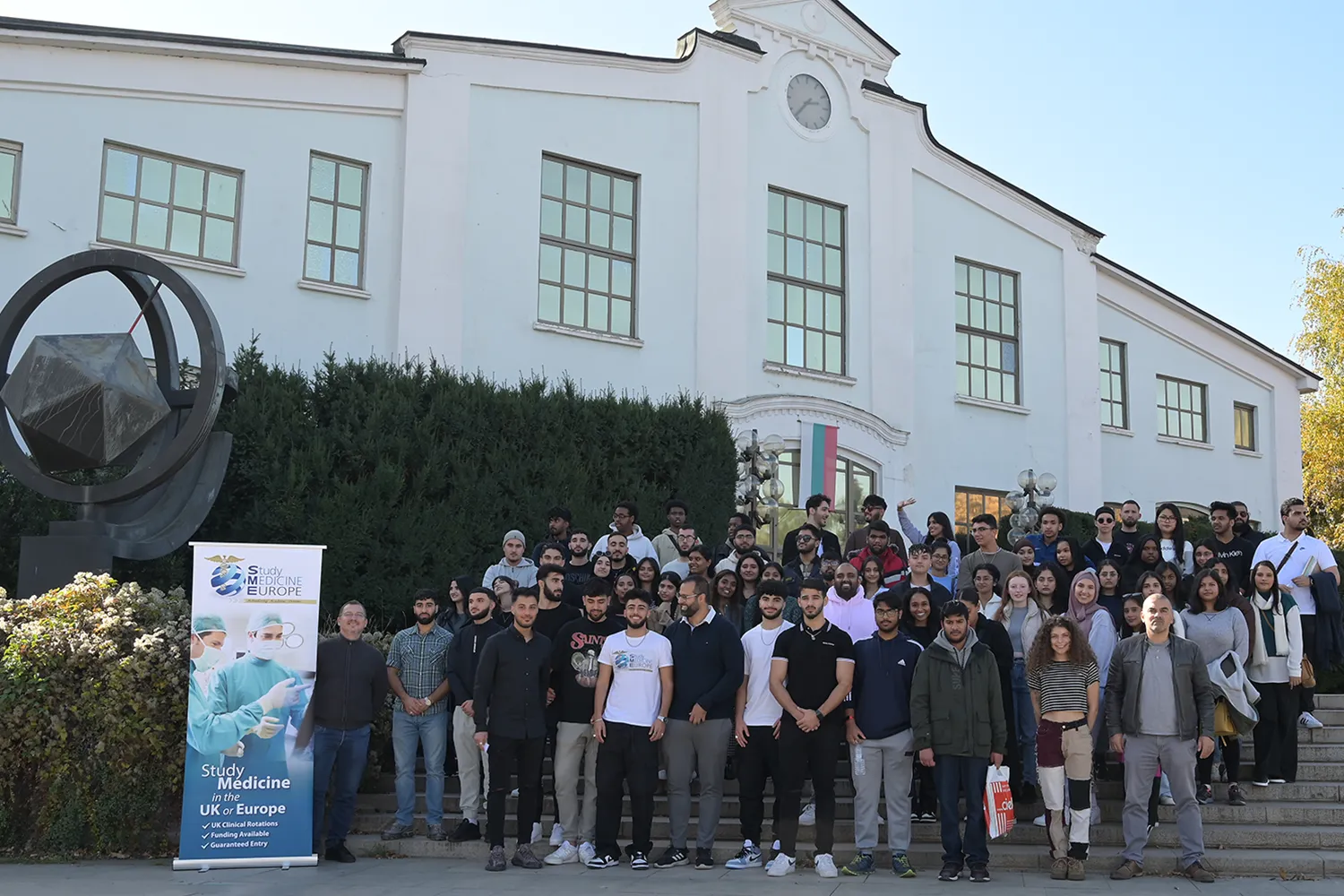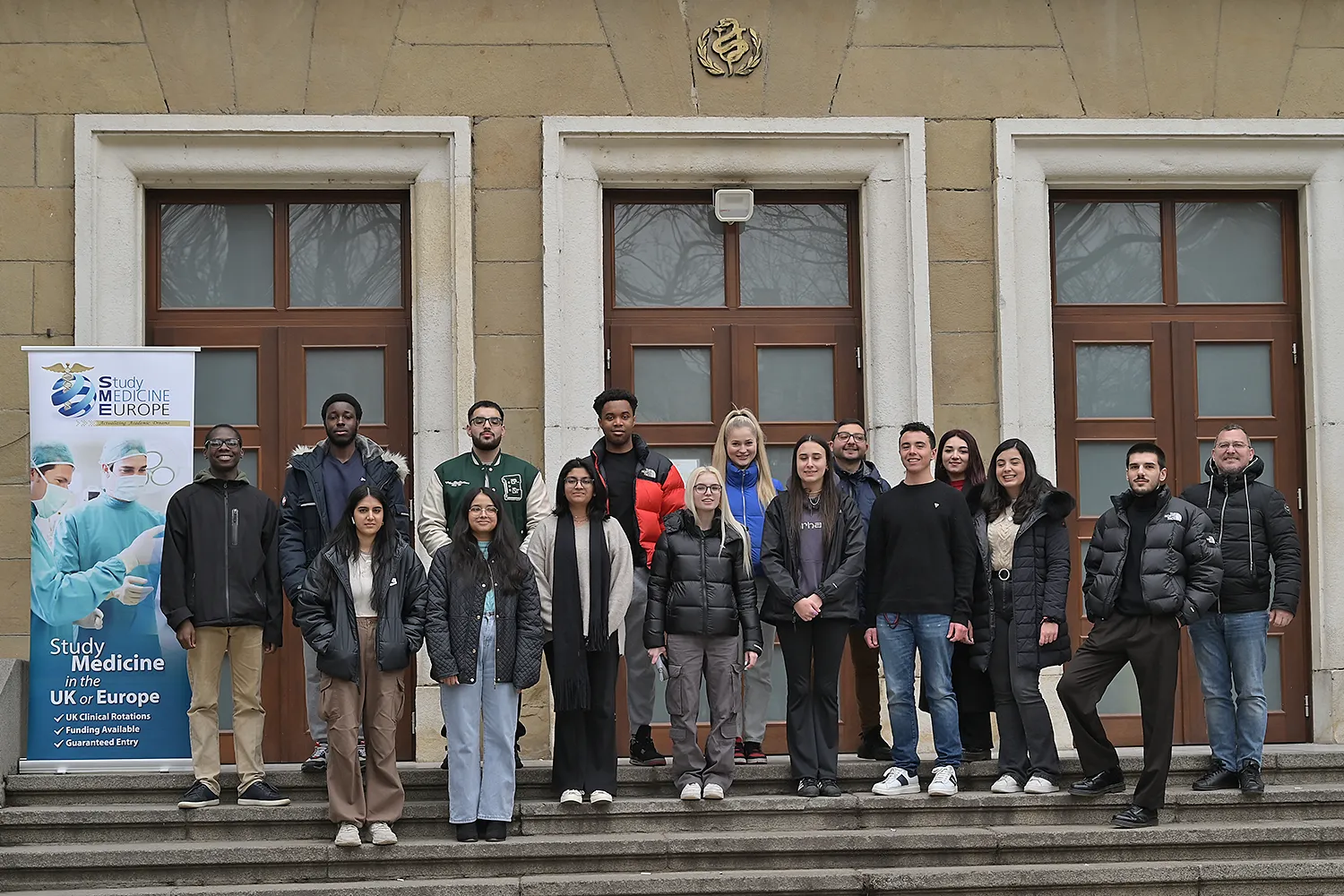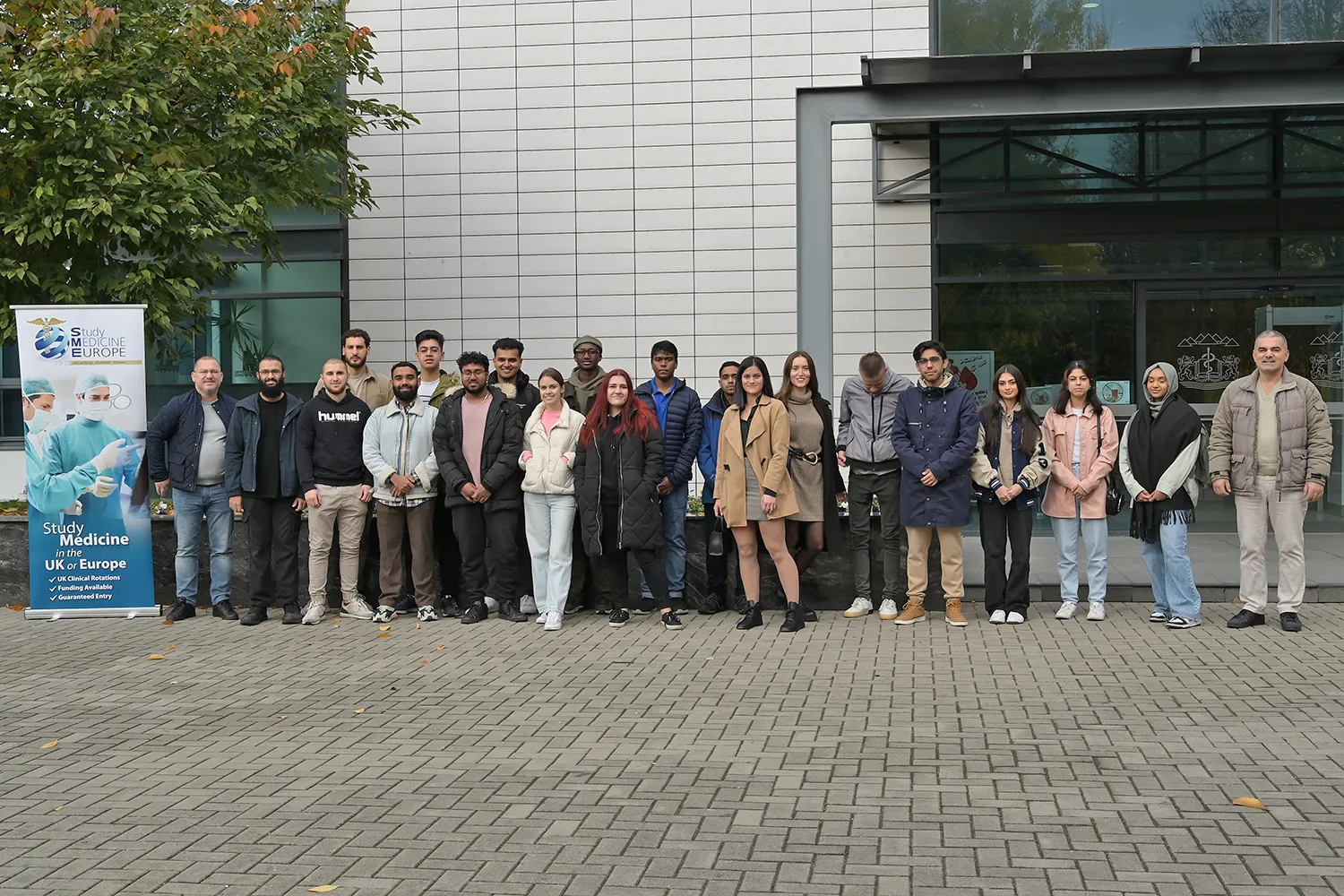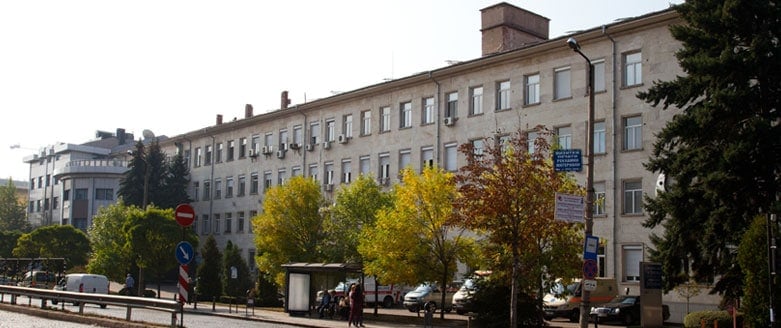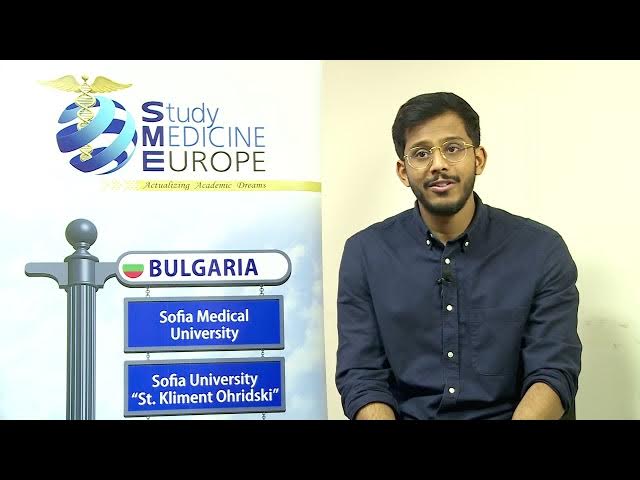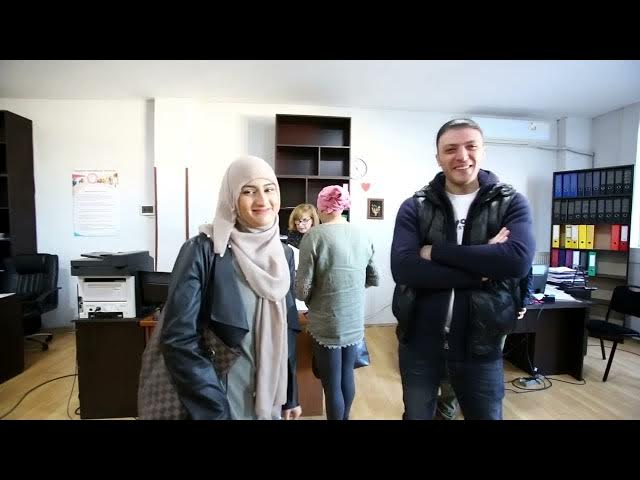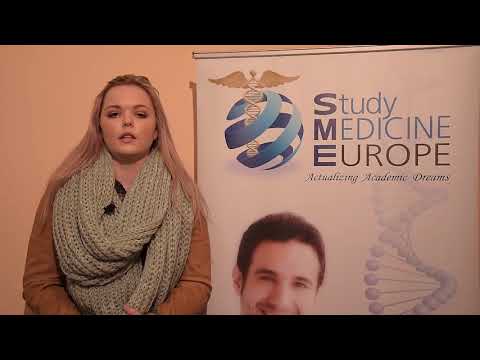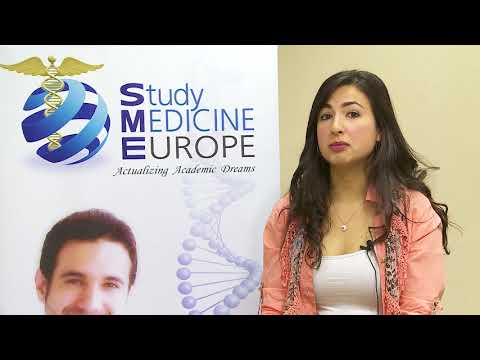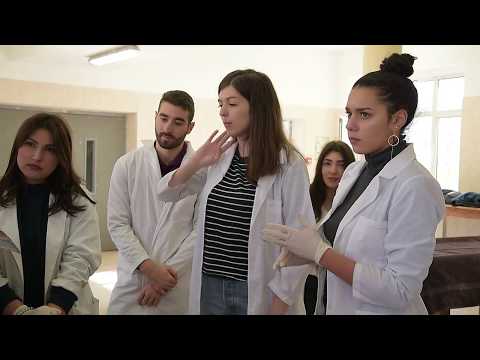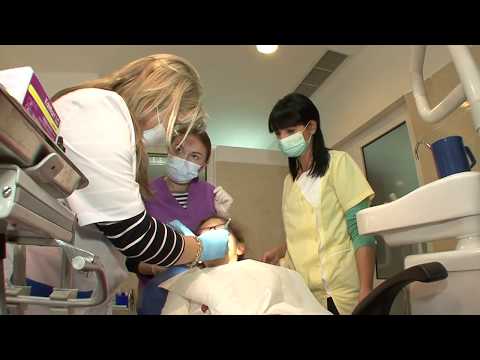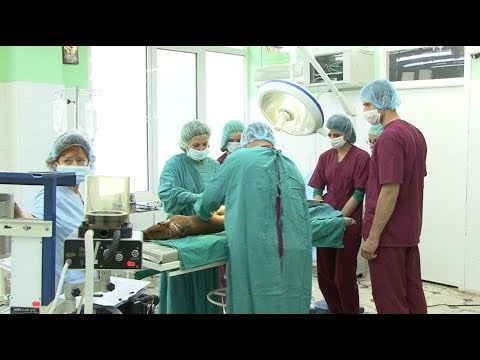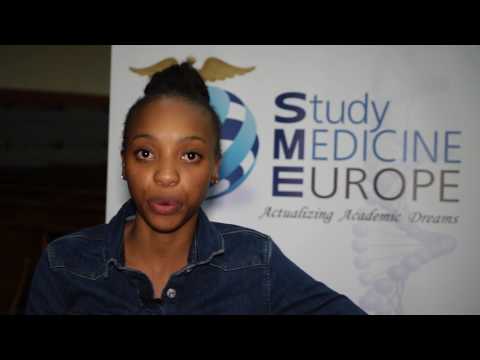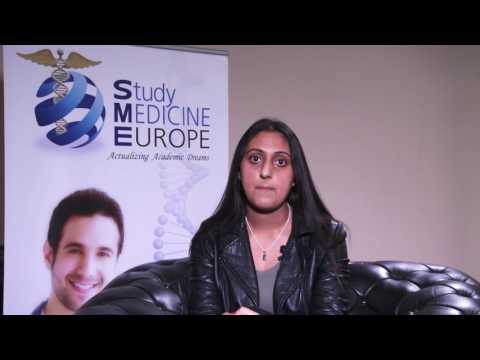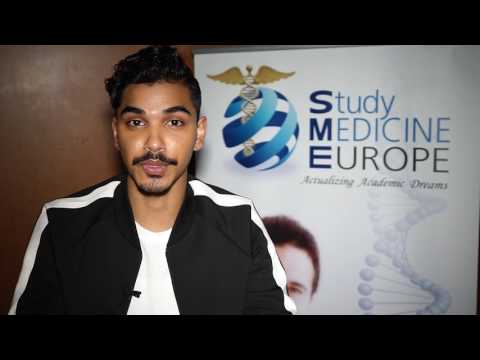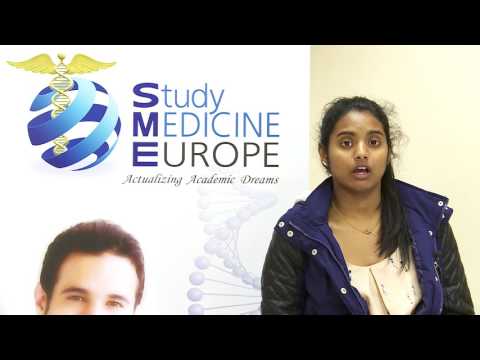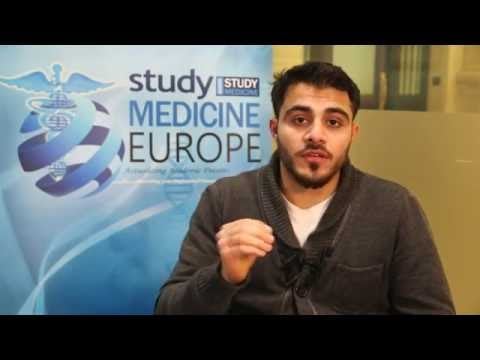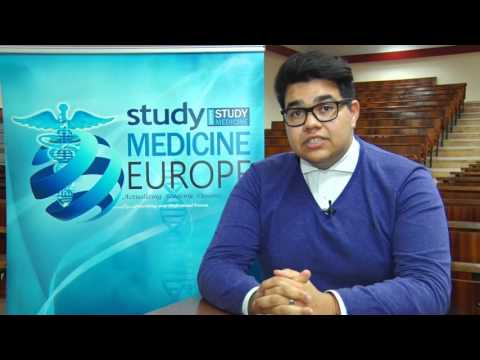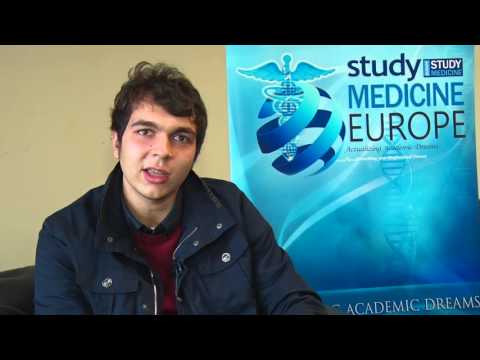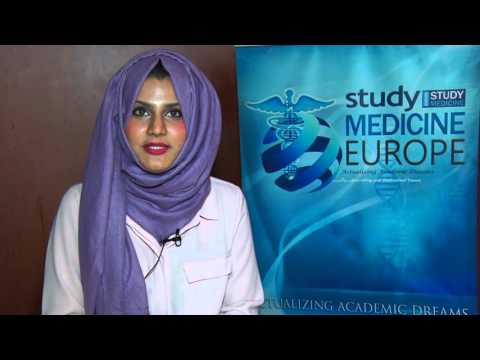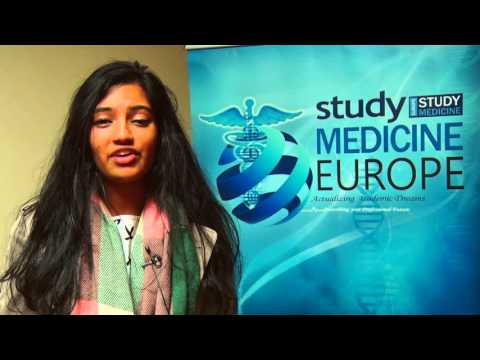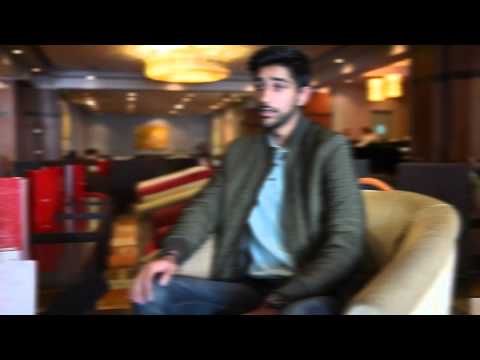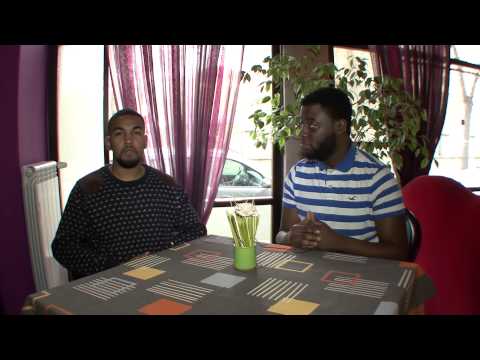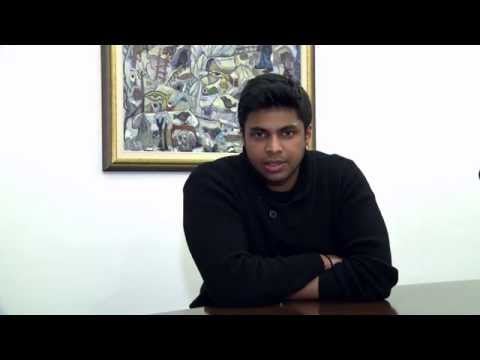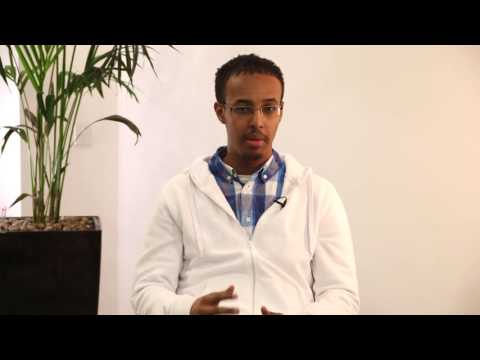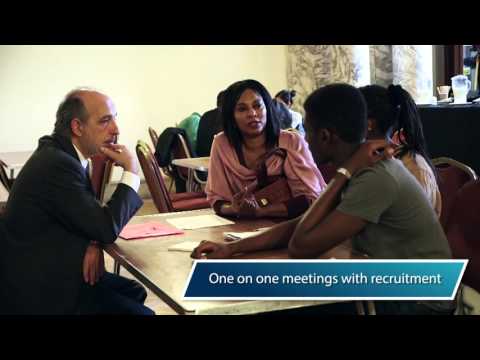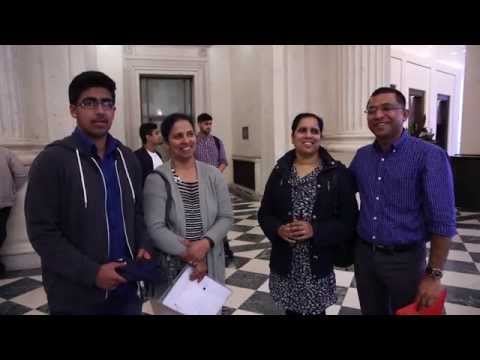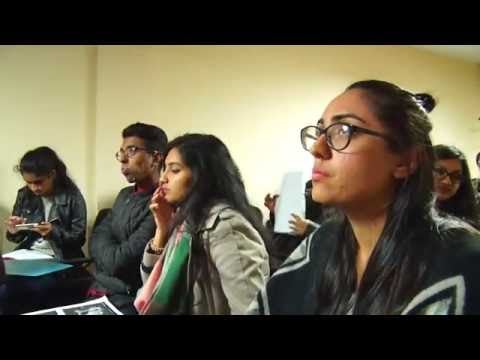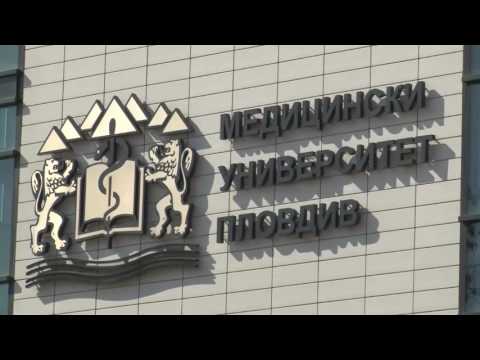Why Study Medicine in English at Sofia Medical University?
Admission
Exams in Biology, Chemistry & English
Tuition fees
€9,000/year
DURATION
6 Years
Intake
October
Funding
Not Available
Online Option
Not Available
+Why Choose Sofia Medical University?
- Sofia Medical University was established in 1917 by Tsar Ferdinand I as a faculty of Sofia’s St Kliment Ohridski University.
- Shortly after World War II, it seceded from that university to become a Medical College with faculties for medicine and dentistry.
- It was formally declared a Medical University in 1995 and was soon granted international accreditation.
- Today it is one of the largest and most prestigious educational and scientific centres not just in Bulgaria, but throughout the entire Balkan peninsula. It consists of four schools and an administrative department.
- It has a current student body of 6,200 and has seen more than 60,000 medical specialists come through the university.
- Students conduct research on and contribute to internationally recognised achievements in fields such as genetics, cardiothoracic surgery, neurosurgery, ophthalmic surgery, cardiovascular and inherited diseases prevention studies, and bone marrow transplantation.
+What does the 6-Year Medicine course involve?
- The Medicine course lasts for six years, spanning 10 semesters of academic training, and is taught entirely through English.
- The first two years of the programme focus on pre-clinical study and theory, with the following three years concentrated mainly on clinical study.
- The final year of the course is an internship year consisting of 310 days of medical rotations prior to graduating. During this internship year, students are required to sit state exams for licensing.
- Students will also undertake compulsory summer practical internships in years 2-4.
- When students fulfil the requirements of the academic programme and final year internship, in addition to passing state exams, they are granted the professional qualification of Physician or Doctor of Medicine (MD) and awarded a Master’s degree which is recognised worldwide.
- Many graduates choose to stay in Bulgaria after graduating to pursue their medical career, while others will either return to their home country or continue their medical career in a different nation.
- There are currently thousands of medicine practitioners who graduated from universities in Bulgaria.
+How much does the programme cost?
| Programme | Programme Starts | Annual Fees () |
|---|---|---|
| Medicine | October | 9,000 |
| Living Costs | Monthly () | Annually () |
|---|---|---|
| Rent | 220–380 | 2600–4560 |
| Food | 85–170 | 1000–2040 |
| Utility Bills (Electricity, Gas &Water, Internet) | 90–108 | 1080–1296 |
| Transportation | 23 | 276 |
| Health Insurance | 25–35 | 300–420 |
| Total | 450–720 | 5400–8600 |
+Admission to Sofia Medical University
Candidates are required to submit the following documents:
- Completed application form including brief biographical data, educational history and any courses for which the candidate is applying
- Copy of a diploma confirming completion of secondary education, with an academic transcript stating the disciplines studied
- Document issued by relevant authorities which certifies the right to continue education in higher schools and universities in the country of origin of the secondary school attended by the candidate
- Health certificate issued no more than one month prior to application and verified in the country from which the candidate is applying
- Two 4-5cm photographs
+Life in Sofia
- Sofia is the capital city of Bulgaria and has a population of 1.2 million, making it the country’s largest city. It is located in the west of Bulgaria.
- The city officially became known as Sofia in 1879 after Bulgaria’s liberation from Turkey, prior to which it had been called Srentets, a Slavic name.
- Amongst its main attractions are the Church of St Alexander Nevsky, the National Gallery of Bulgaria, the Russian Church of St Nicolas, the Church of St Paraskevi (a UNESCO world heritage site) and the National Centre for Culture.
- Sofia is today a milieu of successive art and historical movements, with a seamless blending of historical landmarks and modern infrastructure.
+Life in Bulgaria
- Bulgaria is a country in the southeast of Europe with a population of around 7.5 million. Its capital city is Sofia, a city with a booming economy which has a population of 1.2 million.
- It is regarded as a hub for economic activity and has been rendered a strong industrial and agricultural market economy.
- Since gaining democratic status in 1990, the country has undergone a transformation which has seen a thriving economy and modernised education system, with its universities considered among the best in Europe.
- Bulgaria joined the European Union in 2007.
- Bulgaria also has a very low cost of living compared to other EU member states, making it a popular location for students from all over the world.
Watch Our Videos
Real Success StoriesOpen DaysEntry ExamsNetworking Events
Reviews
+ 2022
2022
 2022
2022+ 2021
2021
 2021
2021+ 2020
2020
 2020
2020+ 2019
2019
 2019
2019+ 2018
2018
 2018
2018+ 2017
2017
 2017
2017+ 2016
2016
 2016
2016+ 2015
2015
 2015
2015+ 2014
2014
 2014
2014









